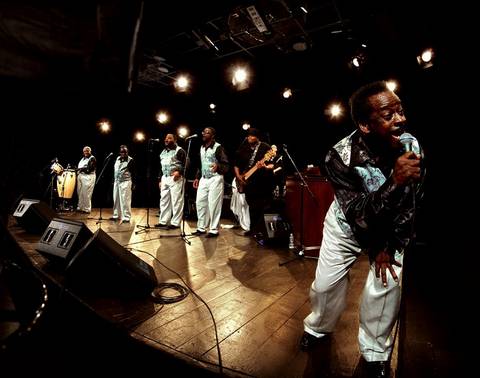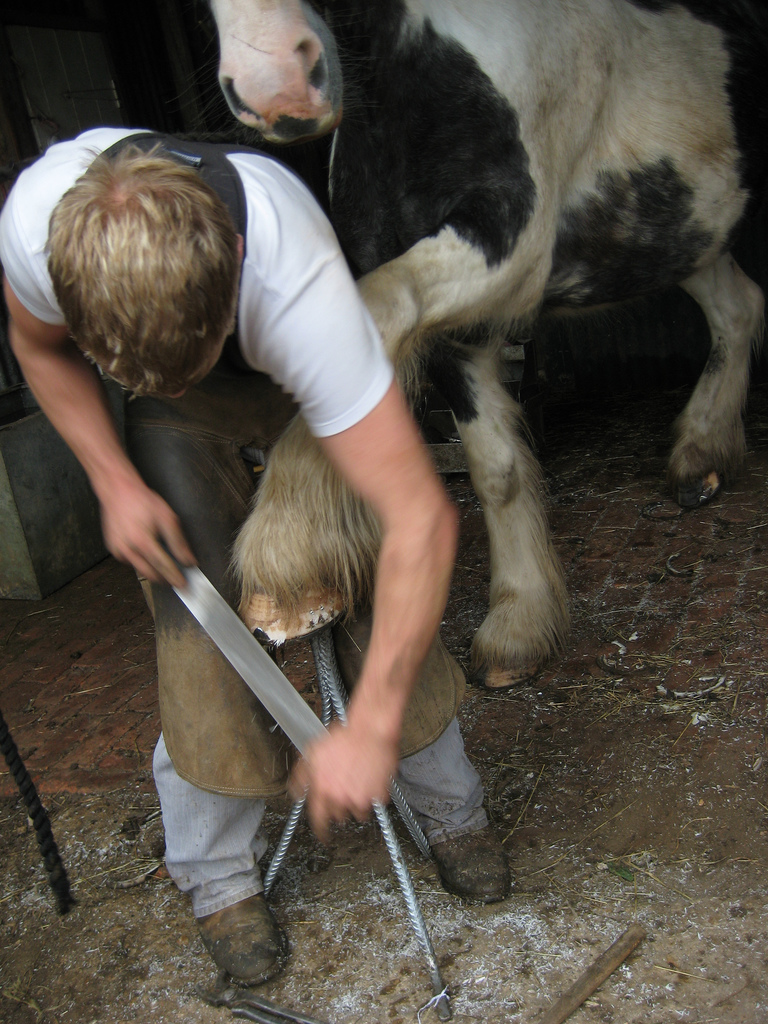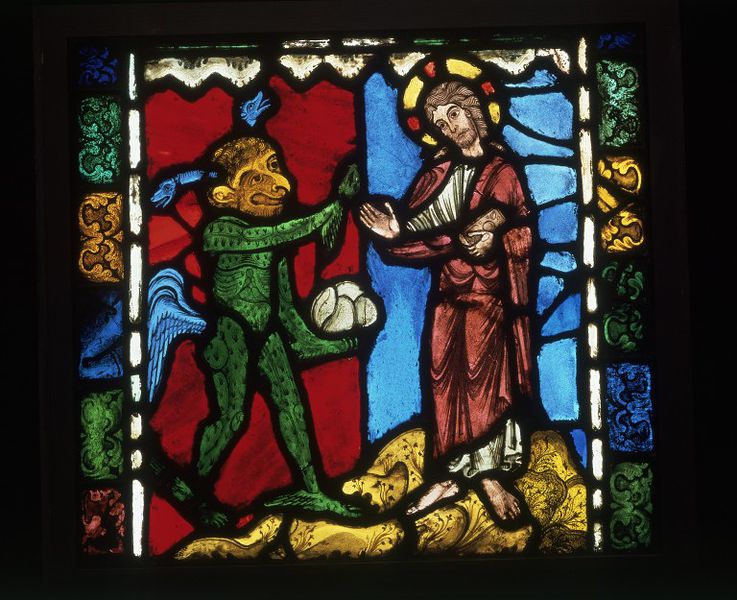Today we hear of a musical resurrection: I first came across this story on NPR, then on the Brooklyn Vegan and Heavy Light Records website.
In 1970, the Revs. Gean and Tommie West started a gospel group called The Relatives. The Relatives were Texas legends in the ’70s, playing genre-bending gospel and psychedelic soul and sharing bills with The Staple Singers, The Mighty Clouds of Joy, and The Five Blind Boys of Mississippi. By 1980 the group disbanded, but a few years ago a Texas DJ and record collector contacted the group about a reunion. Now they’ve released their first album of original work in 30 years: The Electric Word on Yep Roc Records, and they’re on tour.
If you can’t catch The Relatives live, Heavy Light Records has put out a compilation of their obscure 45s from the 1970s, and they have a YouTube channel –so you can listen while you’re waiting for the CD to arrive in the mail.





 v)
v)